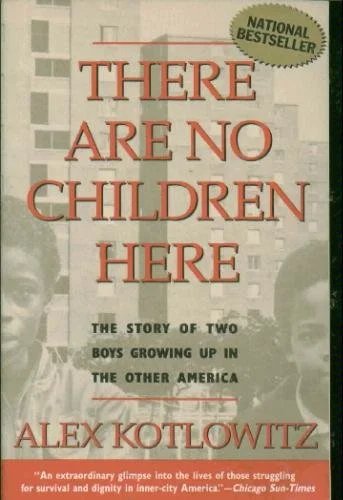Peacemaking in the City
09-12-2014
Over the past few years, members of the McCormick community have become increasingly concerned with the amount of violence in the city of Chicago. Several students have been personally affected by community violence, and others have been called to minister to areas that experience high levels of violence. These experiences have led to discussions between students, faculty, staff, and alumni centered around the question: “How are we called to be a witness for God in the midst of this crisis?”
In January of 2014, several students penned a letter to the McCormick community calling for deeper reflection and discernment on violence, which they felt was the most pressing issue for the seminary to address. “As people of faith, we are called to stand against violence and oppression in all forms. It is our vocational imperative to discern these systemic sins within our specific contexts and to respond in creative and effective ways. With love as our foundational force, we must cry out for the young people of our city and against the structures of death. Our hearts should be breaking, but they should also be pumping life-giving blood into our world.”
Many in our community feel that McCormick Theological Seminary should not focus solely on training preachers, but ministers who are equipped to engage with complex and challenging social issues. The seminary decided to enter into a period of discernment around the issue of community violence, making it a centering theme of the 2014-2015 school year. This will be a community-wide effort, led by a task force of faculty, staff, and students, to both learn about the causes of violence, identify point of intervention at multiple levels, and reflect on how McCormick can best minister to a city that is, unfortunately, characterized by violence. The task-force hopes that students will engage with the issue of community violence in multiple areas of their experience, through a community-wide book study, topics of research and reflection in their classes, in program design at their field sites, and pursuit of various learning and service opportunities throughout the year.
Imagine what we can do if we pour our hearts, souls, and minds into seeking the transformation of our city! Imagine the relationships we can form! Imagine how the community of McCormick will be changed in the process! Imagine the innovations and creations that can come out of the soul of our community! Imagine what it would mean to fully live into our Our Vocational Imperative!
“This will be a community-building experience and an opportunity to study something important to the church and the world…o provide an integrative focus for theological thinking,” says Ted Hiebert, Dean of the Faculty and Vice President of Academic Affairs. The first opportunity for community-wide participation will be in the reading and discussion of Alex Kotlowitz’s classic There are no Children Here: The Story of Two Boys Growing up in the Other America. This book follows two brothers from the Henry Horner Homes previously located in Chicago’s Near West side. The book explores how community violence arises from a variety of factors, including systemic racism and poverty, housing discrimination, lack of access to social services, underfunded educational institutions, and the drug trade. Although the book was first published in 1991, and high-rise public housing like the Henry Horner Homes have been demolished, the book still provides valuable insights into how violence is cultivated and perpetrated.
Students, faculty, staff, and alumni are invited to read the book and participate in six discussions of different chapters. These discussions will be moderated by volunteers from the McCormick community. In addition, the CURE blog will facilitate online discussion of the different chapters through weekly posts of discussion notes and open comments, allowing community members who cannot attend the scheduled discussions to participate in this community-wide discernment effort. “Hopefully this will help us to both understand the issue [of violence] and help us to discern a way to faithfully address it,” says Ted. Throughout the fall semester, the Peacebuilding Theme committee will use the discussions as a sounding board for identifying areas of particular interest and passion for students, which will inform other programming. “We are arranging for Mr. Kotlowitz to visit us towards the end of this semester to discuss this and his ongoing work in the area of violence and other social issues in Chicago and beyond,” says Veronica Johnson, Senior Director of Admissions and Enrollment. Other lectures, workshops, service opportunities, and trainings will be scheduled during the year.
These book discussions will be held on Tuesdays before night classes (5pm – 6pm) and Wednesdays during community meal (1pm – 2pm). The reading schedule can be found here: Theme Reading Schedule_2014. If you would like to lead one of these book discussions, please contact Veronica or D’Angelo.
In addition to the book discussion and community-wide lectures, the seminary hopes that students and professors will integrate this theme into their coursework. Students are invited to research violence in the Bible, in theological/ethical dialogue, and in the history of the church. For papers, projects, and presentations, students and faculty can develop interventions and perhaps implement them. For those students engaged in Field Studies this year, the seminary hopes that they will take the opportunity to integrate this theme into their preaching, programming, and other forms of ministry. This will allow students to both learn about community violence and to share their knowledge with others. “We need community wisdom,” says Ted. “We value the experience from both inside and outside the seminary, we need to hear and reflect.”




